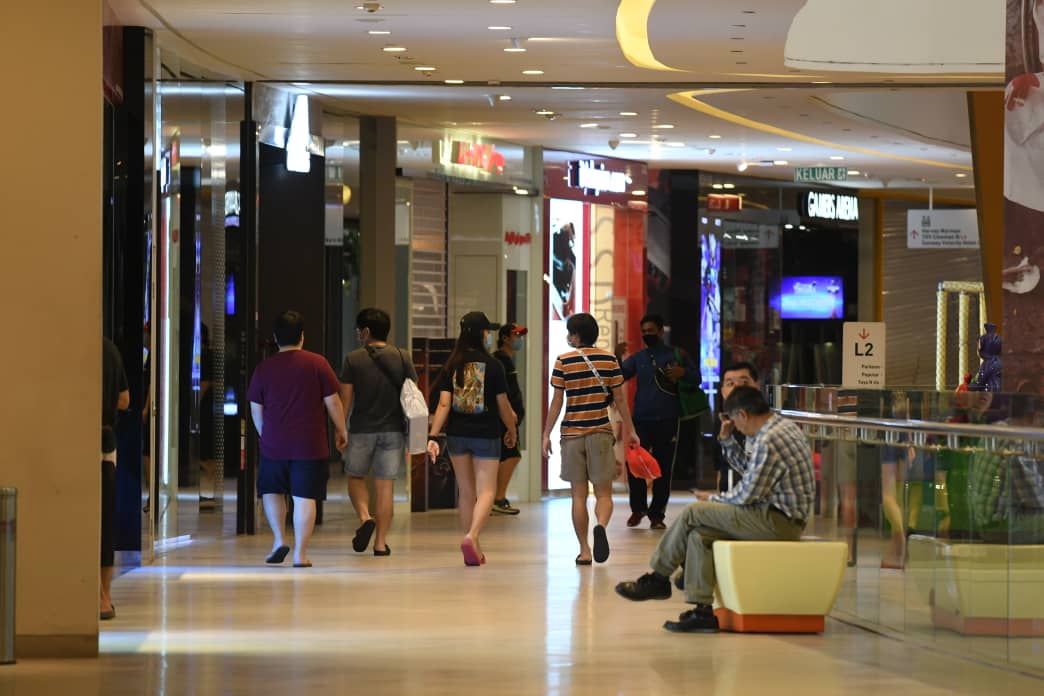Retail REITs to benefit from reopening of economy

KUALA LUMPUR (Oct 23): With the reopening of most economic activities as Malaysia adopts the living with the virus stance backed by a rapid vaccination programme that has covered close to 95% of the adult population, retail real estate investment trusts (REITs) “may be worth a closer look although much also depends on where their assets are located”, wrote The Edge Malaysia this week.
A REIT analyst with a non-bank-backed research house told the weekly that she sees encouraging recovery in retail sales, especially during the year-end festive period.
“As borders are still closed, we can’t really travel out of Malaysia. Shopping malls will be the hangout places during the weekend for Malaysians,” she said.
“So, we think recovery will be quite fast for retail REITs,” added the analyst, who maintains a “neutral” view on the REIT segment for the time being.
She also “cautions” that “more guidance is needed from the management of shopping mall operators to gauge if the shopping traffic translates into sales”.
The analyst also added that “the rental revision outlook may not be so positive” owing to the “headwinds in the retail space, which is plagued by a significant glut”.
“It will be quite flattish at the moment. Probably some landlords might negotiate with their tenants by incorporating a higher variable portion such as turnover rent, where landlords can share a certain percentage of their tenants’ sales.
“So, when tenants register good (improved) sales, landlords can actually charge higher rental. Landlords will never reveal how the structure will be due to the confidentiality,” she explained.
As for rental subsidies, she feels that they do not need “to be further prolonged given that all retailers have been allowed to open”.
Meanwhile, RHB Research analyst Loong Kok Wen told the weekly that rental subsidies would most probably “remain in the picture going into 2022 as long as tenants are still in survival mode”.
“Things are definitely looking up for the REIT sector, but we believe that traction for a meaningful recovery for REITs will likely take time. Our ground checks since Phase 2 of the NRP (National Recovery Plan) saw that foot traffic was especially strong for the likes of Pavilion KL and Mid Valley Megamall, so we believe the recovery theme is selective and will largely work in favour of retail pure-play REITs with prime assets.
“We expect a strong recovery in consumer spending due to pent-up demand, especially as later phases of the NRP will coincide with the seasonally stronger 4Q,” Loong said.
As for growth in office REITs, Loong is of the view that that things will “remain flat on the back of an oversupply and a potential continuation of the work-from-home trend”.
“The industrial segment, however, should see rather steady growth over the medium term due to rising demand for logistics/warehouses, partly boosted by the e-commerce trend as well,” she said.
Read the full report in this week’s The Edge Malaysia
Get the latest news @ www.EdgeProp.my
Subscribe to our Telegram channel for the latest stories and updates
Never miss out
Sign up to get breaking news, unique insights, event invites and more from EdgeProp.
Latest publications
We thought you might like...
Malaysia's Most
Loved Property App
The only property app you need. More than 200,000 sale/rent listings and daily property news.







